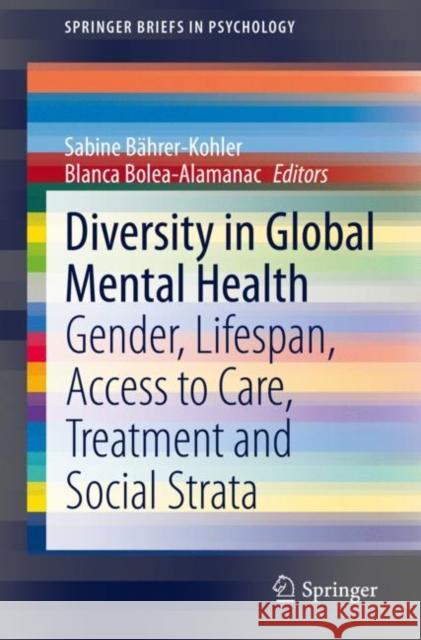Diversity in Global Mental Health: Gender, Lifespan, Access to Care, Treatment and Social Strata » książka
topmenu
Diversity in Global Mental Health: Gender, Lifespan, Access to Care, Treatment and Social Strata
ISBN-13: 9783030291112 / Angielski / Miękka / 2019 / 97 str.
Wydawca:
Springer
Seria wydawnicza:
Język:
Angielski
ISBN-13:
9783030291112
Rok wydania:
2019
Wydanie:
2019
Numer serii:
000451805
Ilość stron:
97
Waga:
0.17 kg
Wymiary:
23.39 x 15.6 x 0.61
Oprawa:
Miękka
Wolumenów:
01
Dodatkowe informacje:
Wydanie ilustrowane











